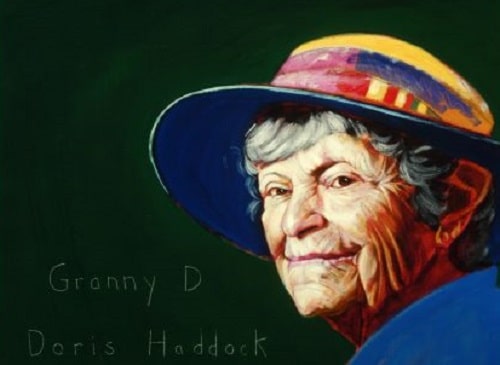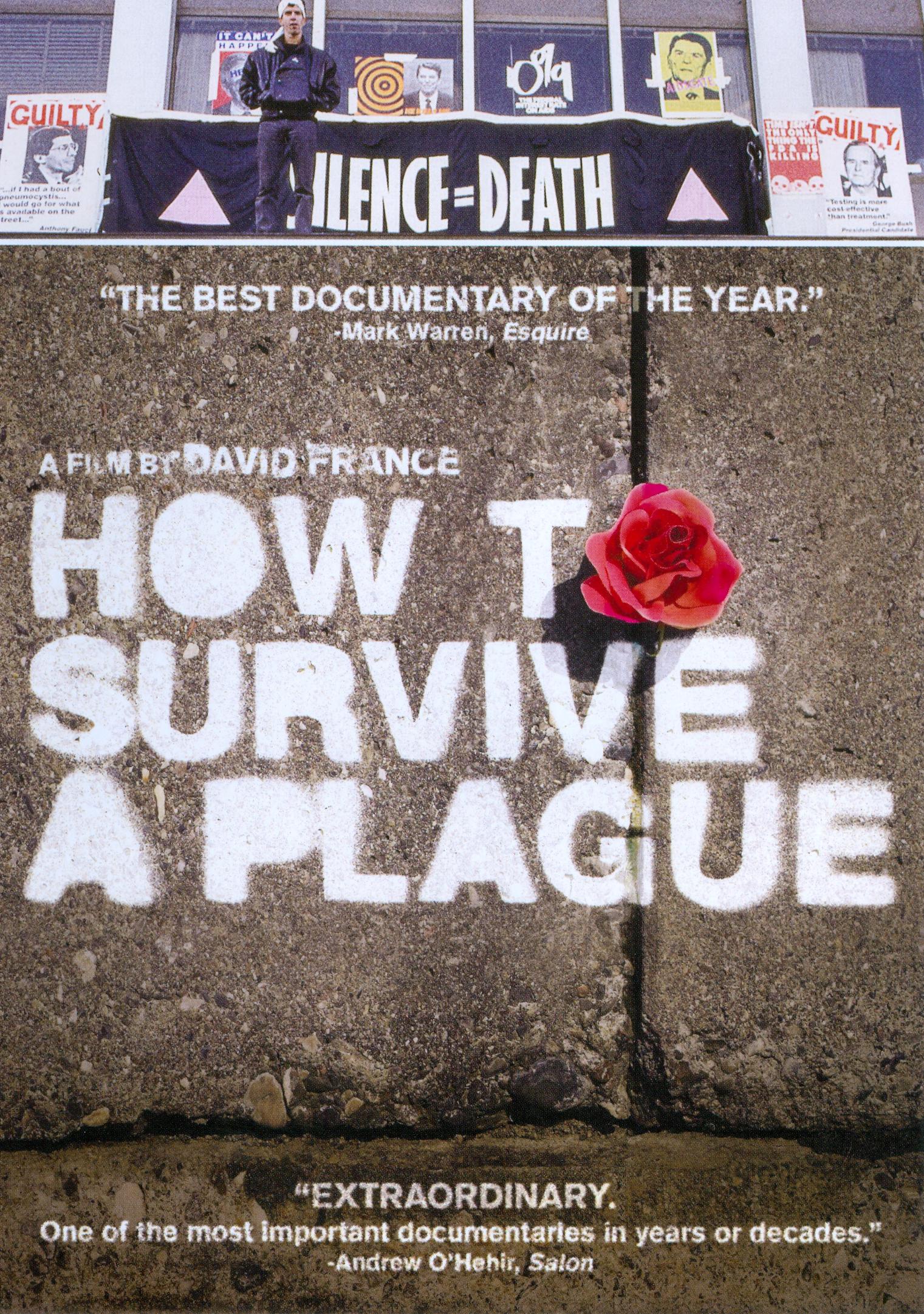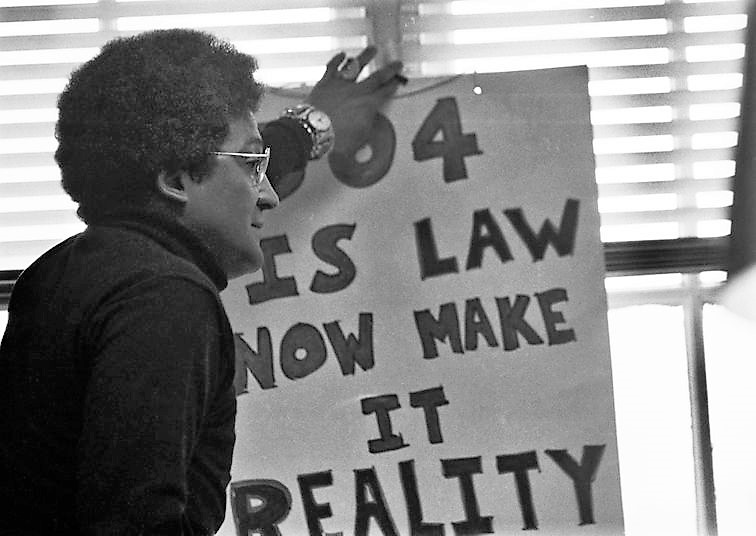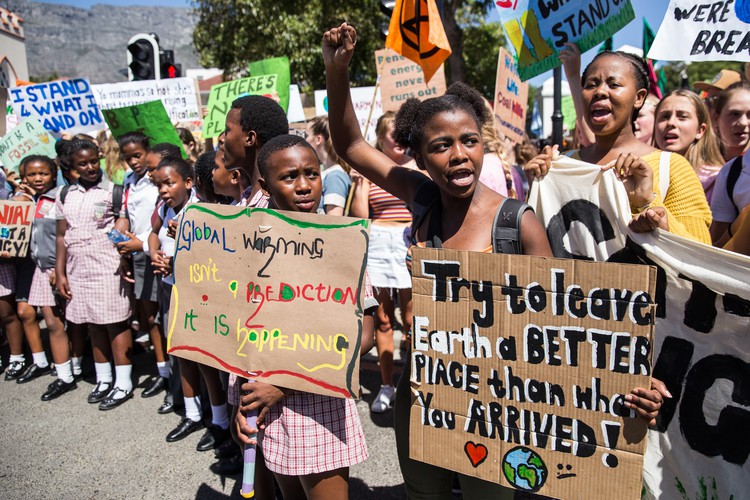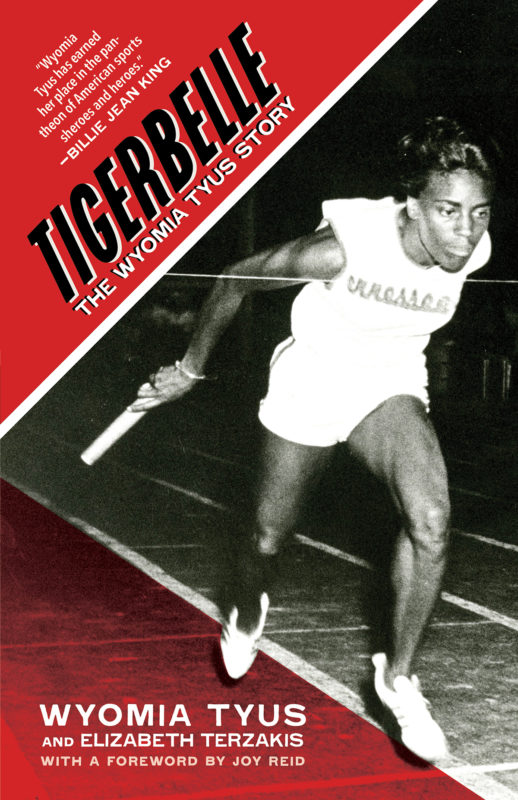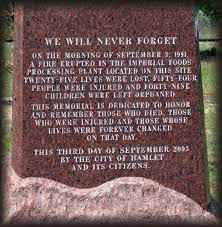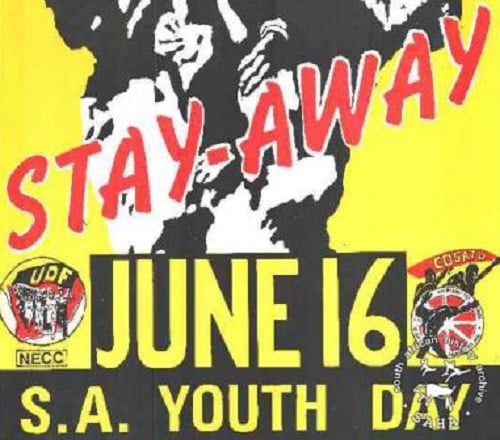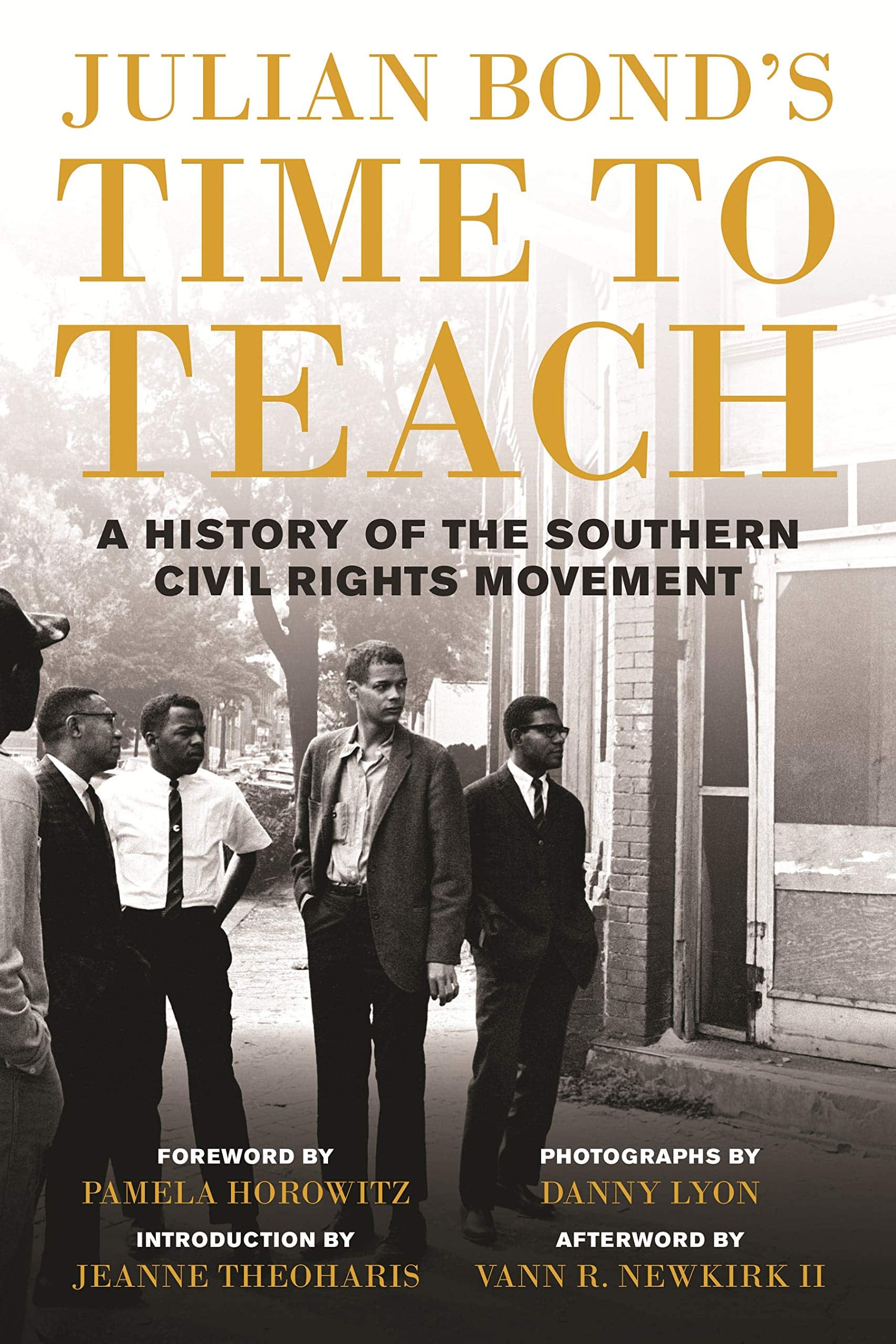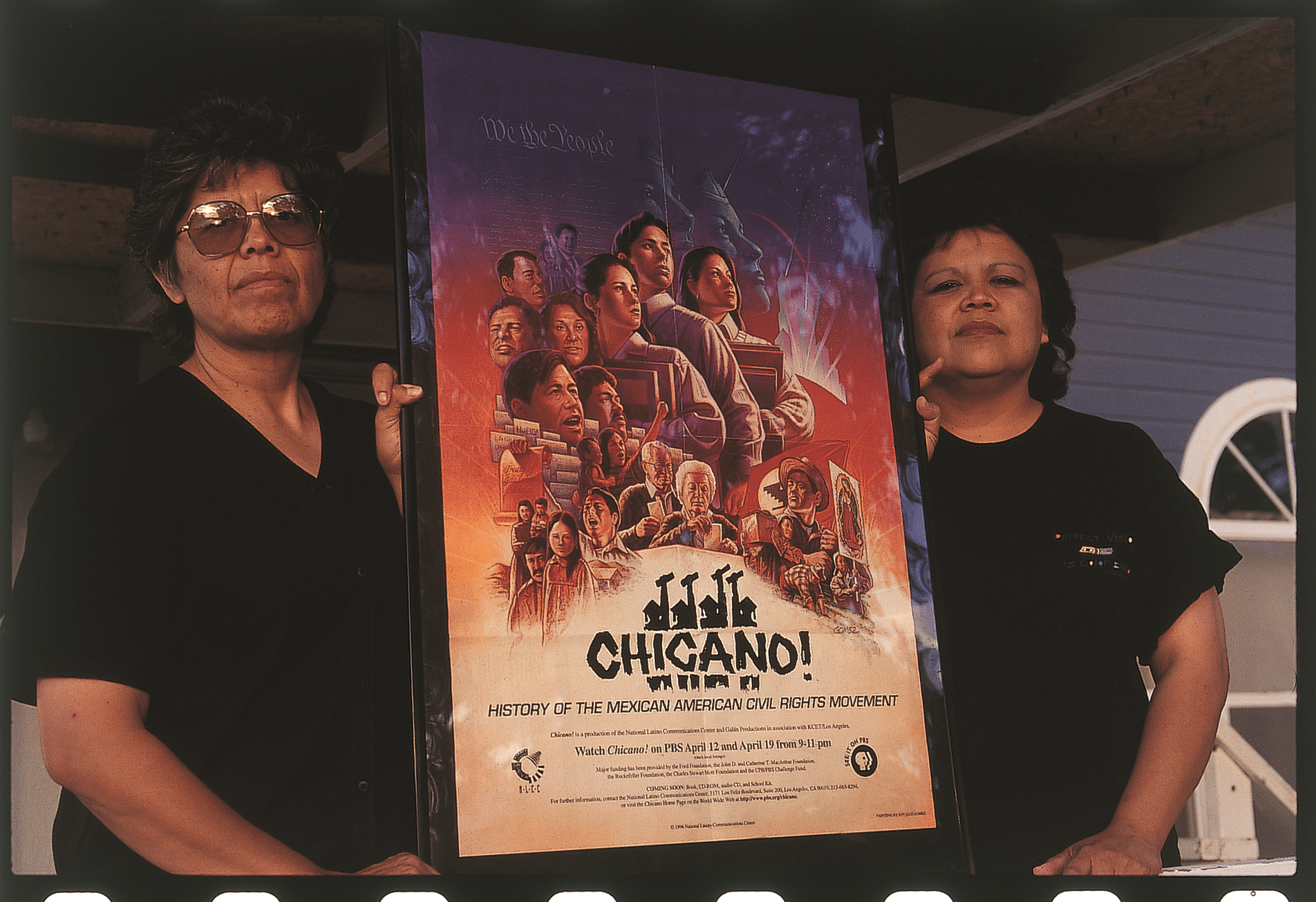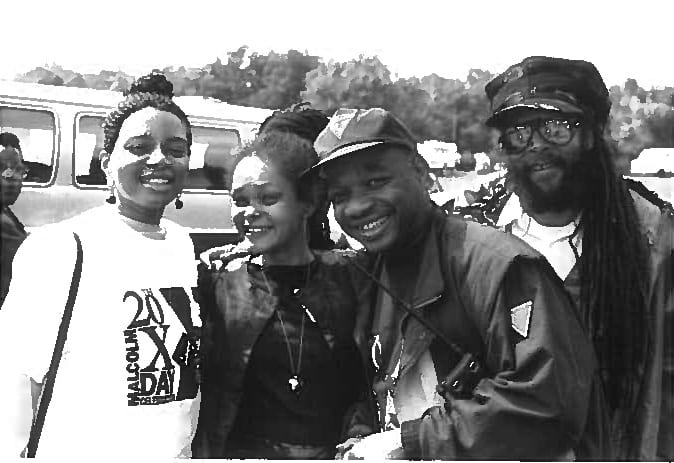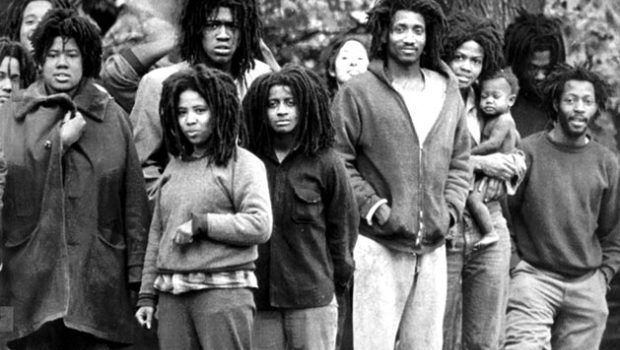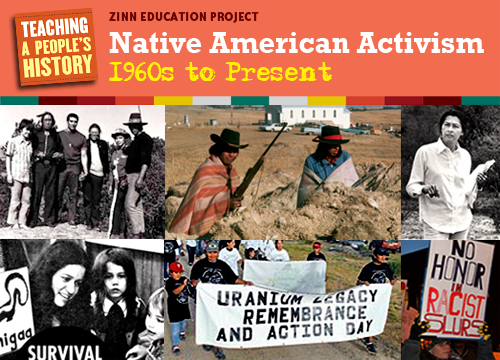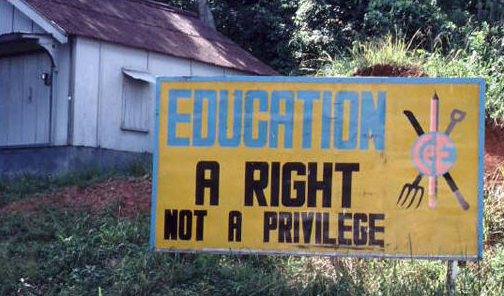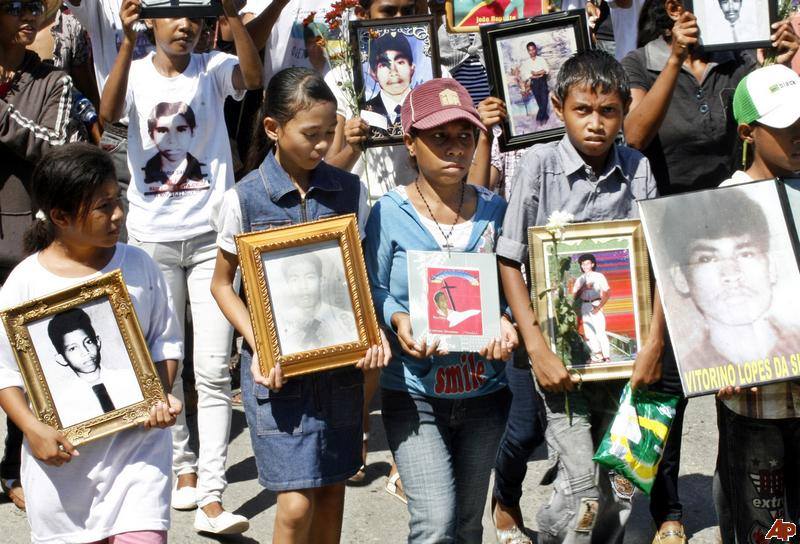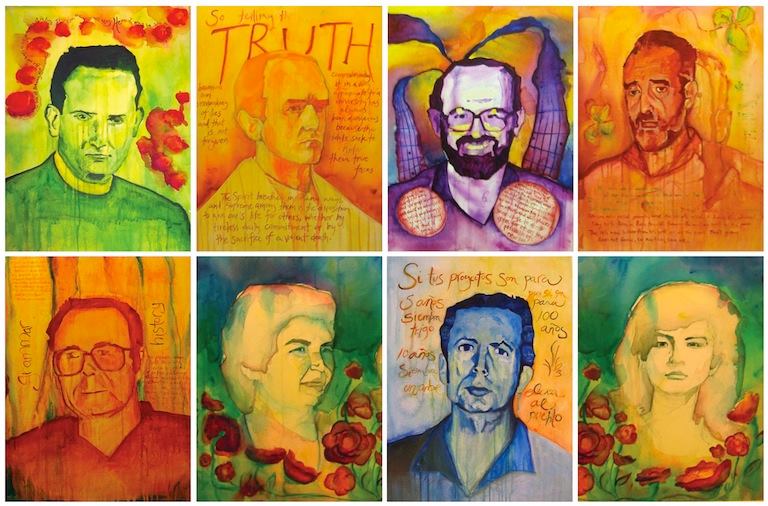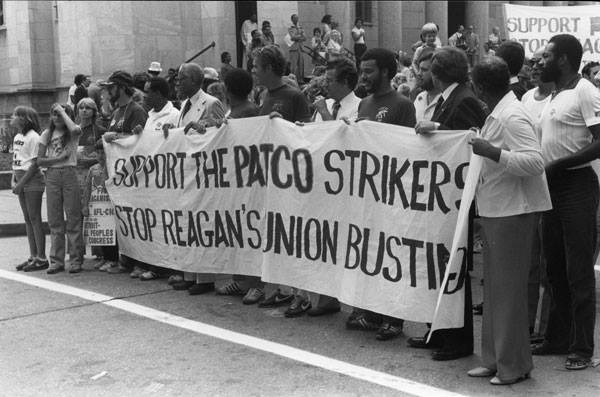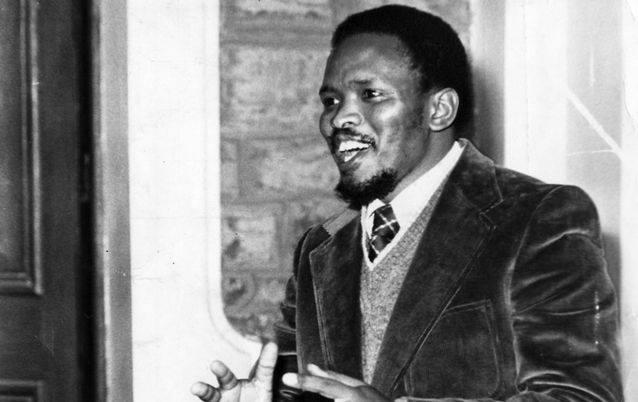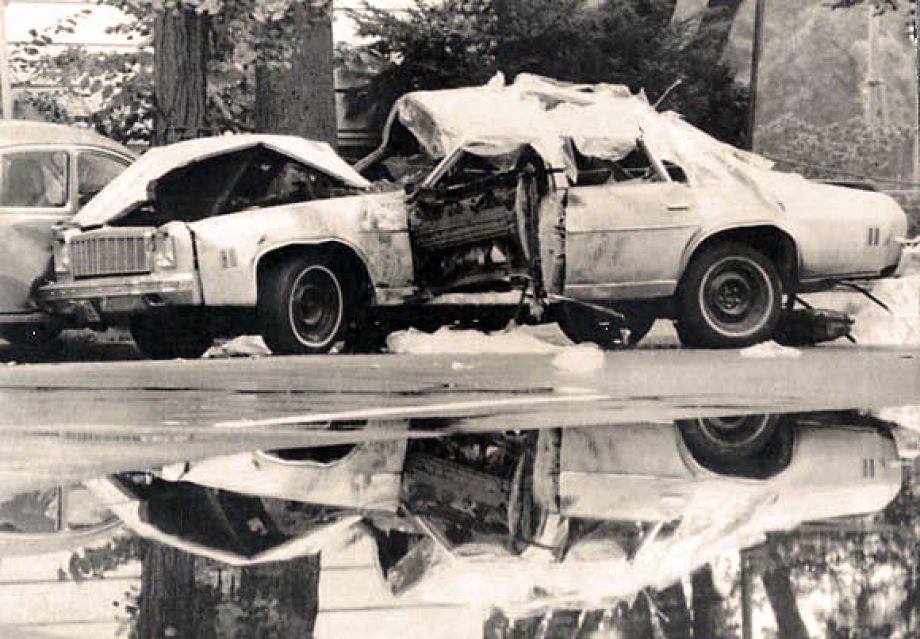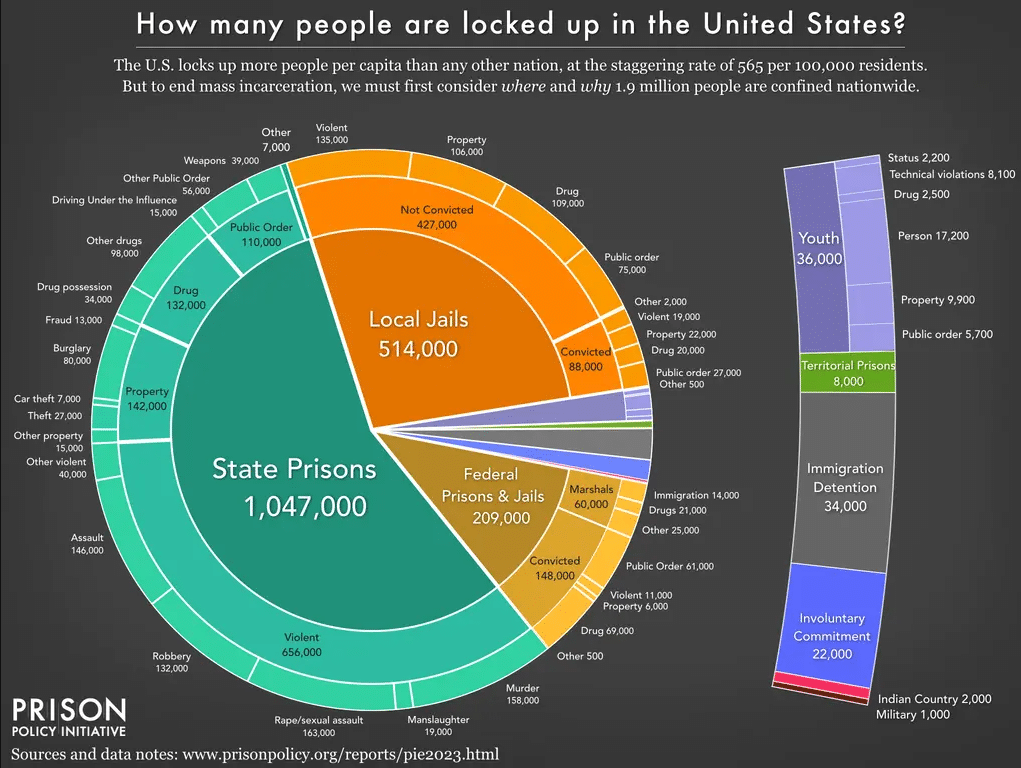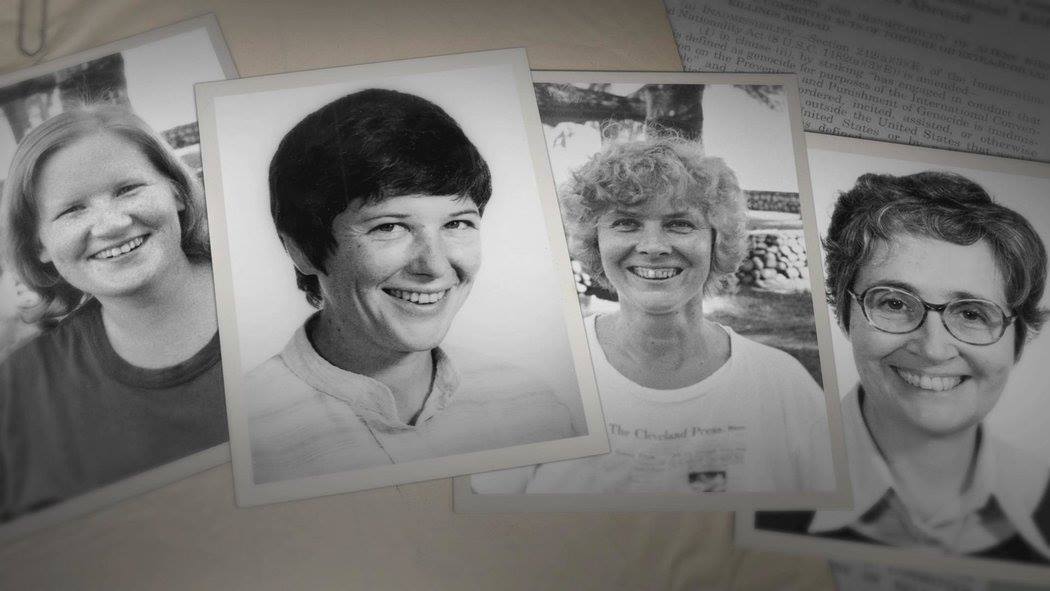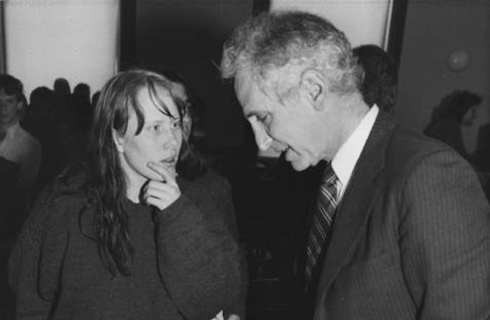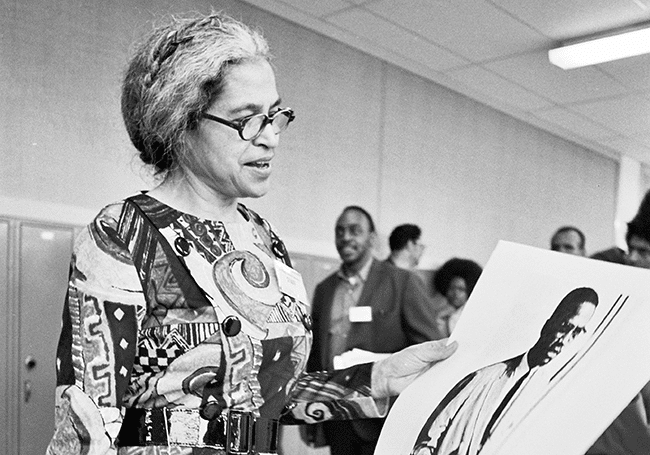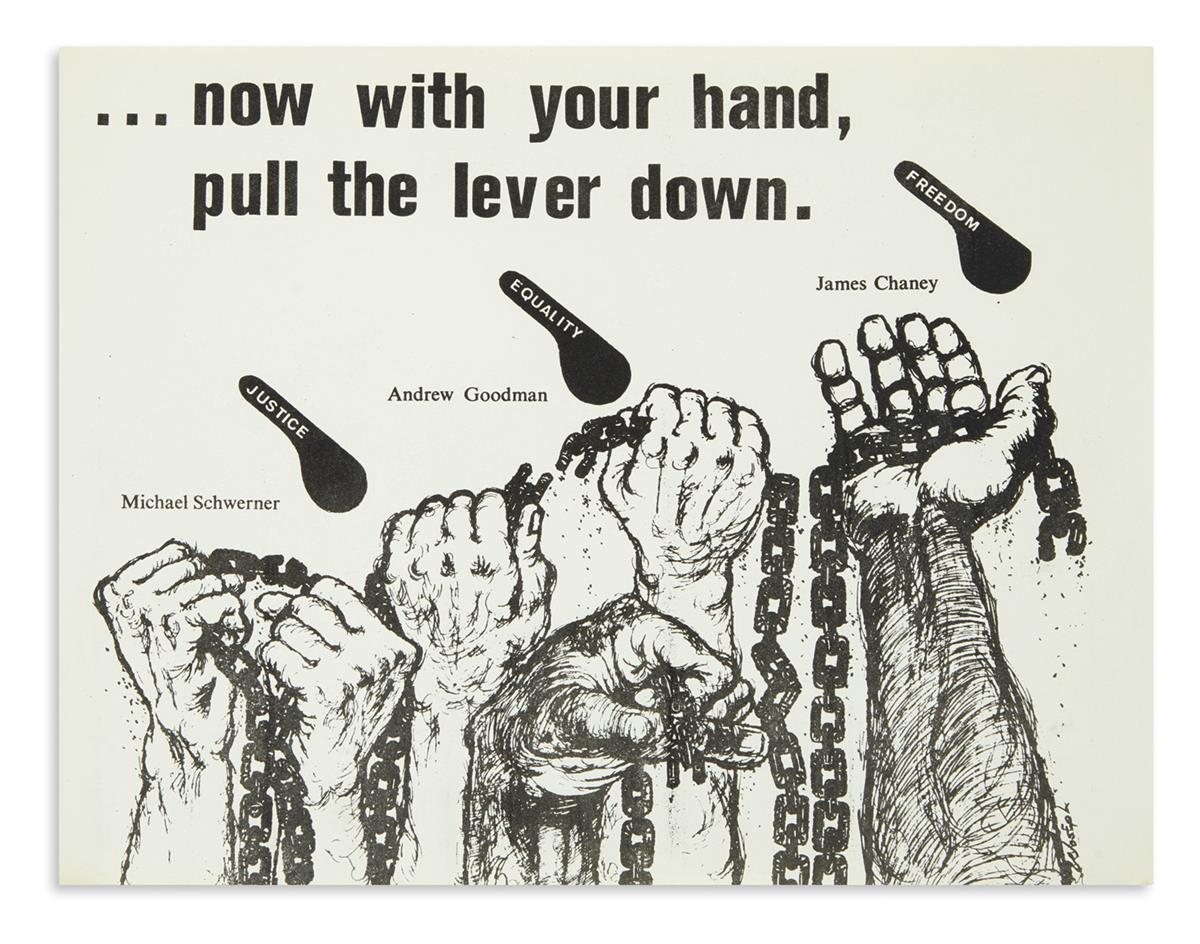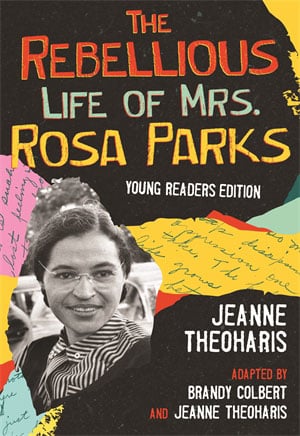“Granny D” Haddock completed a 3200 miles walk from California to Washington, D.C. to call for reform of the U.S. system of campaign finance.
Continue reading
Film. Directed by David France. Public Square Films. 2012. 109 minutes.
This documentary is about the early years of the AIDS epidemic, and the grassroots movement of activists, many of them in a life-or-death struggle, who seized upon scientific research to help develop the drugs that turned HIV from a mostly fatal infection to a manageable disease.
Continue reading
Between April 5 and April 28, 1977, hundreds of disabled and handicapped activists organized, protested, and occupied government buildings around the country to pressure the U.S. Secretary of Health, Education, and Welfare, Joseph Califano, to enact Section 504 of the Rehabilitation Act of 1973 and publish regulations to guide its enforcement.
Continue reading
The United Nations proclaimed May 22 the International Day for Biological Diversity (IDB) to increase understanding and awareness of biodiversity issues.
Continue reading
Book — Non-fiction. By Wyomia Tyus and Elizabeth Terzakis. 2018. 288 pages.
A young adult sports history that chronicles the life of Wyomia Tyus, the daughter of a tenant dairy farmer, who became the first person to win gold medals in the 100-meter sprint in two consecutive Olympic Games.
Continue reading
Chicken plant workers died when a preventable workplace “accident” trapped them in a burning building.
Continue reading
Student-led protests in South Africa that began in response to the introduction of Afrikaans as the medium of instruction in local schools.
Continue reading
Book — Non-fiction. By Julian Bond. Edited by Pam Horowitz and Jeanne Theoharis with an afterword by Vann Newkirk II. 2021. 356 pages.
For over two decades, civil rights activist Julian Bond taught a popular class on the history of the Civil Rights Movement. This book contains the wisdom and teachings from that class.
Continue reading
Nadine and Patsy Córdova were targets of a white supremacist campaign after teaching ethnic studies through resources like 500 Years of Chicano History and sponsoring the school’s first chapter of MEChA (Movimiento Estudiantil Chicano de Aztlán).
Continue reading
In a personal essay about the longest-running, largest annual event to celebrate the legacy of Malcolm X, Charles Stephenson describes the celebration’s founding and impact of that day in history.
Continue reading
The Philadelphia Police Department dropped a C-4 bomb on the home of the MOVE organization, killing eleven people (including five children) and wiping out half a city block.
Continue reading
Book — Non-Fiction. By Kekla Magoon. 2021.
An account of militant revolutionaries and human rights advocates working to defend and protect their community.
Continue reading
Overview of Native American activism since the late 1960s, including protests at Mt. Rushmore, Alcatraz, Standing Rock, and more.
Continue reading
Using arms from the United States, Indonesian troops fired on a peaceful procession in East Timor, killing more than 270 people.
Continue reading
Six Jesuit scholars/priests and two staff members were murdered by the U.S.-backed military in El Salvador.
Continue reading
The Professional Air Traffic Controllers Organization (PATCO) declared a strike.
Continue reading
Anti-apartheid activist Steve Biko was arrested at a police roadblock in South Africa.
Continue reading
Orlando Letelier and Ronni Moffitt were killed in Washington, D.C. by a U.S.-backed Augusto Pinochet regime car bomb.
Continue reading
The U.S. Justice Department announced that the prison population topped one million for the first time in U.S. history.
Continue reading
Three nuns and a lay worker were killed in El Salvador by members of the U.S.-backed National Guard.
Continue reading
Sixty people were arraigned on charges of disorderly conduct stemming from a sit-in to block CIA campus recruiting at UMass-Amherst, an act of protest of the CIA’s role in Central America.
Continue reading
Teaching Activity. By Bill Bigelow.
In this mixer lesson, students learn about Rosa Parks' many decades of activism by taking on roles from various times in her life. In this way, students learn about her radicalism before, during, and long after the Montgomery Bus Boycott.
Continue reading
Reagan appealed to the “George Wallace-inclined voters” and to white supremacy in his stump speech at the Neshoba County Fair, mere miles away from where three civil rights workers were murdered by the Klan in 1964.
Continue reading
Book — Non-fiction. By Jeanne Theoharis and Brandy Colbert. 2021.
This biography of Rosa Parks accessibly examines her six decades of activism, challenging young readers’ perceptions of her as an accidental actor in the Civil Rights Movement.
Continue reading

